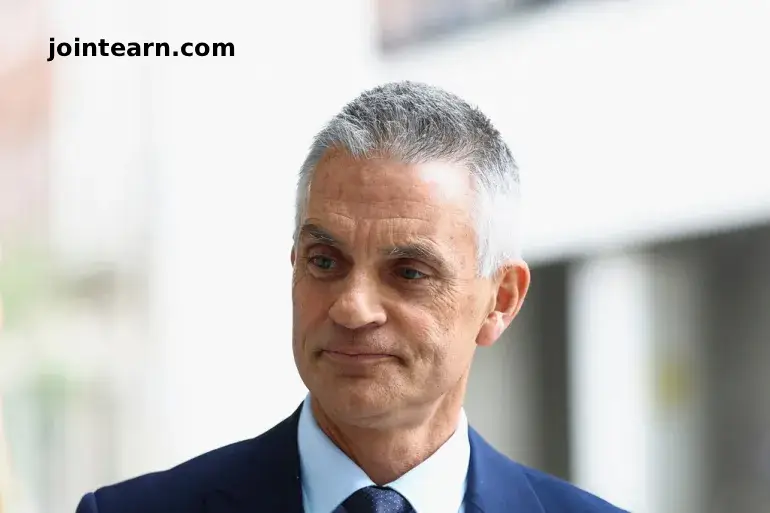
Tim Davie, the director-general of the British Broadcasting Corporation (BBC), has resigned following intense criticism over the editing of a speech by former U.S. President Donald Trump. Davie’s exit, alongside BBC News head Deborah Turness, caps a week of public scrutiny and political attacks on Britain’s public broadcaster.
The controversy centers on a Panorama documentary aired prior to the 2024 U.S. presidential election, which spliced together portions of Trump’s January 6, 2021, speech. Critics argued that the edit made it appear as if Trump encouraged the Capitol riots, while omitting sections in which he called for peaceful protest.
“I have been reflecting on the very intense personal and professional demands of managing this role over many years,” Davie said, taking “ultimate responsibility” for the controversy.
Panorama Documentary Sparks Outrage
The edited documentary included a line seemingly stating:
“We’re going to walk down to the Capitol and I’ll be there with you, and we fight. We fight like hell.”
Critics argued the edit was misleading, as it removed Trump’s instruction for supporters to act peacefully. The controversy quickly drew attention from right-wing UK media and reached the United States, with Trump’s press secretary Karoline Leavitt labeling the BBC “100 percent fake news” and a “propaganda machine.”
Resignations and Institutional Accountability
Deborah Turness, CEO of BBC News and Current Affairs, also resigned, stating that the issue had reached a point where it damaged the institution she loves.
“As the CEO of BBC News and Current Affairs, the buck stops with me,” Turness said.
UK Culture, Media and Sport Minister Lisa Nandy called the allegations “incredibly serious” and raised concerns about systemic bias in BBC reporting.
Al Jazeera’s Rory Challands noted that the BBC has long faced criticism from across the political spectrum:
- Right-wing critics accuse it of liberal bias
- Left-wing critics argue it aligns too closely with government positions, particularly on issues like Gaza
Accusations of Anti-Israel Bias
The controversy also involved broader allegations of editorial bias, including perceived anti-Israel reporting by the BBC’s Arabic service.
A memo cited by The Daily Telegraph, compiled by former BBC editorial standards committee member Michael Prescott, criticized the Trump speech edit and highlighted potential pro-Hamas and anti-Israel bias in BBC Arabic.
Right-wing lawmakers, including Priti Patel, demanded that the UK Foreign Office review funding for the BBC World Service, citing concerns over biased coverage in the Middle East.
Political Reactions
The resignations were widely covered in UK media, with figures like Nigel Farage, leader of the populist Reform UK party, celebrating the move.
“This is the BBC’s last chance. If they don’t get this right there will be vast numbers of people refusing to pay the licence fee,” Farage said on X (formerly Twitter).
Davie’s departure comes amid a period of heightened scrutiny of the BBC, which has faced criticism for its reporting both internationally and domestically, and is grappling with questions of trust, editorial standards, and political neutrality.


Leave a Reply